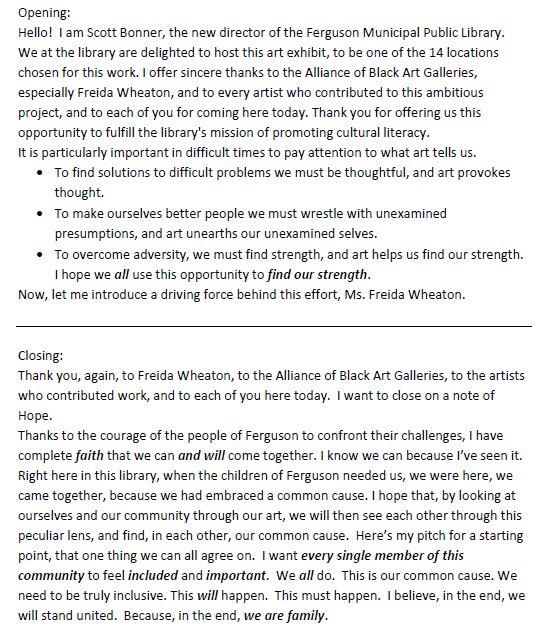The Bookcharmer's thought for today is one she draws from religious traditions: Love Thy Neighbor. I will ask my dear friend Winston Delgado to expound on this for me, as his knowledge of the Bible is prodigious and impressive.
Friday was Halloween, which in America still means it is a day in the year when adults bring children to neighboring houses and events in delightful costumes to revel in sweets. At my library, the annual Halloween parade is one of the best days of the year as the children's librarian leads a parade of costumed children through the building and the library staff joyfully admires their costumes and hands out candies (or in the Bookcharmer's case, pencils and plastic dinosaurs which were just as popular as candy thank you very much!)
We ached with delight to see children dressed as mice, bunnies, bumblebees, princesses, doctors, robots, Iron Man, and pumpkins. We got to praise the creativity and fearsomeness of scary costumes and swoon over the sweet ones. We loved our neighbors.
Today, if we can, we vote. I am well aware that this was not always a privilege allowed my historical sisters. Indeed, my paternal grandmother who lived to be 100 was a passionate voter as she was 16 years old when the 19th amendment was ratified.
There has been much in the press about the profoundly shocking amount of money dumped into campaigns by distant influences. But I say to them, you cannot buy the experience of my neighbor coming to my door to ask for my vote in his or her election to city council or water board. I open my door and we shake hands and I ask my neighbor how he or she will vote on issues I care about. I thank them for running, ask if they would like a glass of water or other refreshment before they carry on and wish them well. To meet the people running for office when they come to your own doorstep is a fine thing and I don't believe that can be bought, no matter how much money distant influencers throw at flyers, stupid advertisements, and outrageous editorials. I know my neighbors. I see them at the farmers' market, in line for coffee, or at the bookstore. No one can buy from me the connection that comes from seeing people in office, city, state, or nationally, that I personally voted for.
On the back of my mind since my last post is Ferguson. I am following several on the ground reporters on twitter, including St. Louis Post Dispatch photographer @kodacohen and St. Louis Alderman @Antonio French. If you aren't already following them, I hope you will and continue to signal boost the situation in Ferguson.
Why is your Bookcharmer, a librarian, writing about these issues? Because libraries are in an even stronger position to be the repository of memory, we have new tools to document history. These tools are so powerful that the phrase Activist Archivist is being used. A fine example of this is the Postville Project in Iowa that documents the immigration raid that occurred in spring of 2008 at the Agriprocessors meatpacking plant in Postville. I hope that in the turmoil and fray of what is happening in Ferguson, that organizers know to set aside extra copies of papers and flyers, posters and press releases, and know that libraries can provide an archive to document your work and preserve it. Ask the libraries supporting the Postville Project and I would bet they will have good advice on how to do this.
I am far from my Midwestern home, but I still love the people of Saint Louis and Ferguson. What holds our country together isn't money but neighbors, and even states away I consider you my neighbors. As a librarian, I know that we can come together to share and get to know one another. This is expressed beautifully by librarian Scott Brown of the Ferguson library in Missouri who posted:

Thank you @ScottyBonner and thank you everyone who shows that you care by voting.
Your neighbor, The Bookcharmer
No comments:
Post a Comment